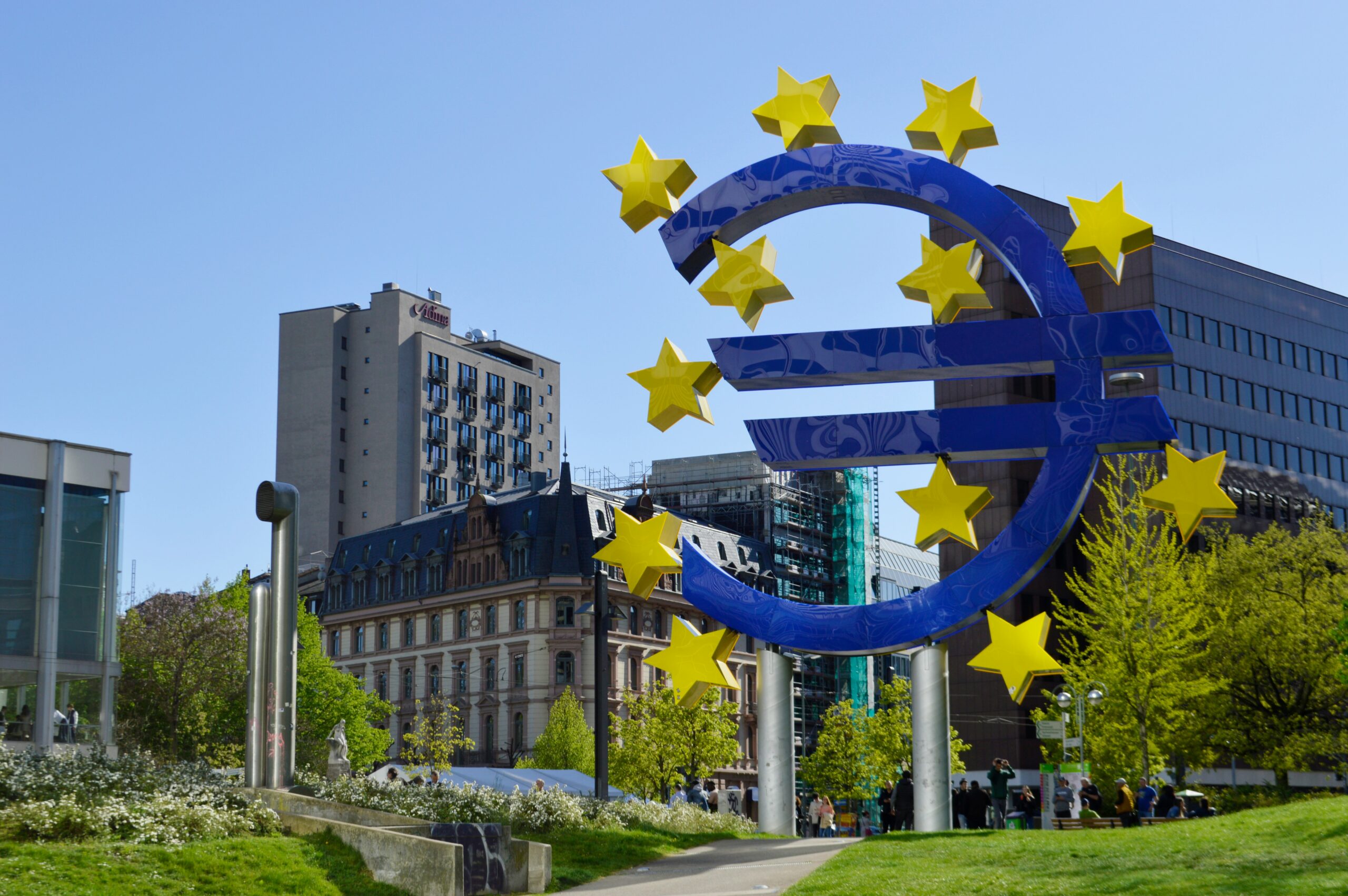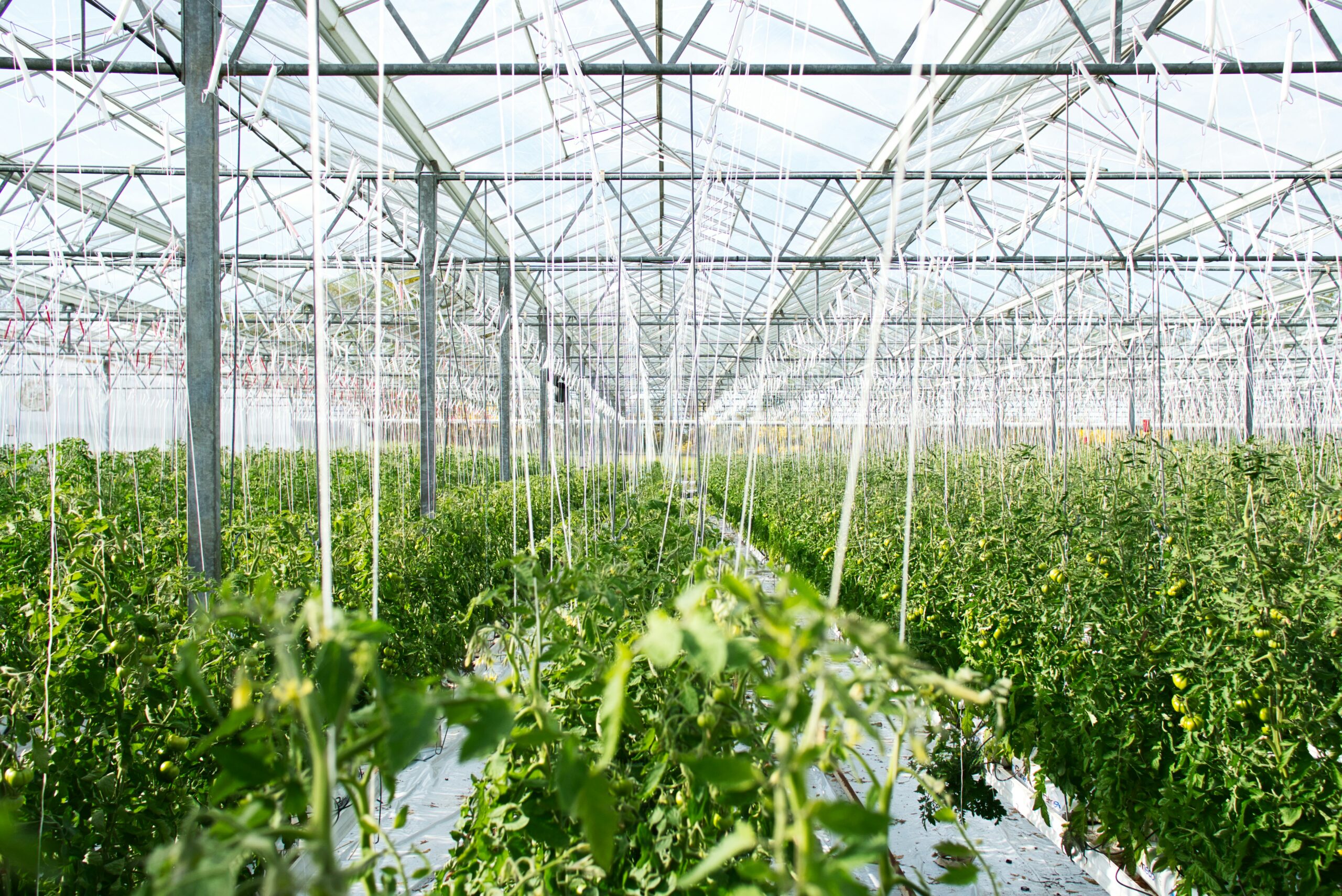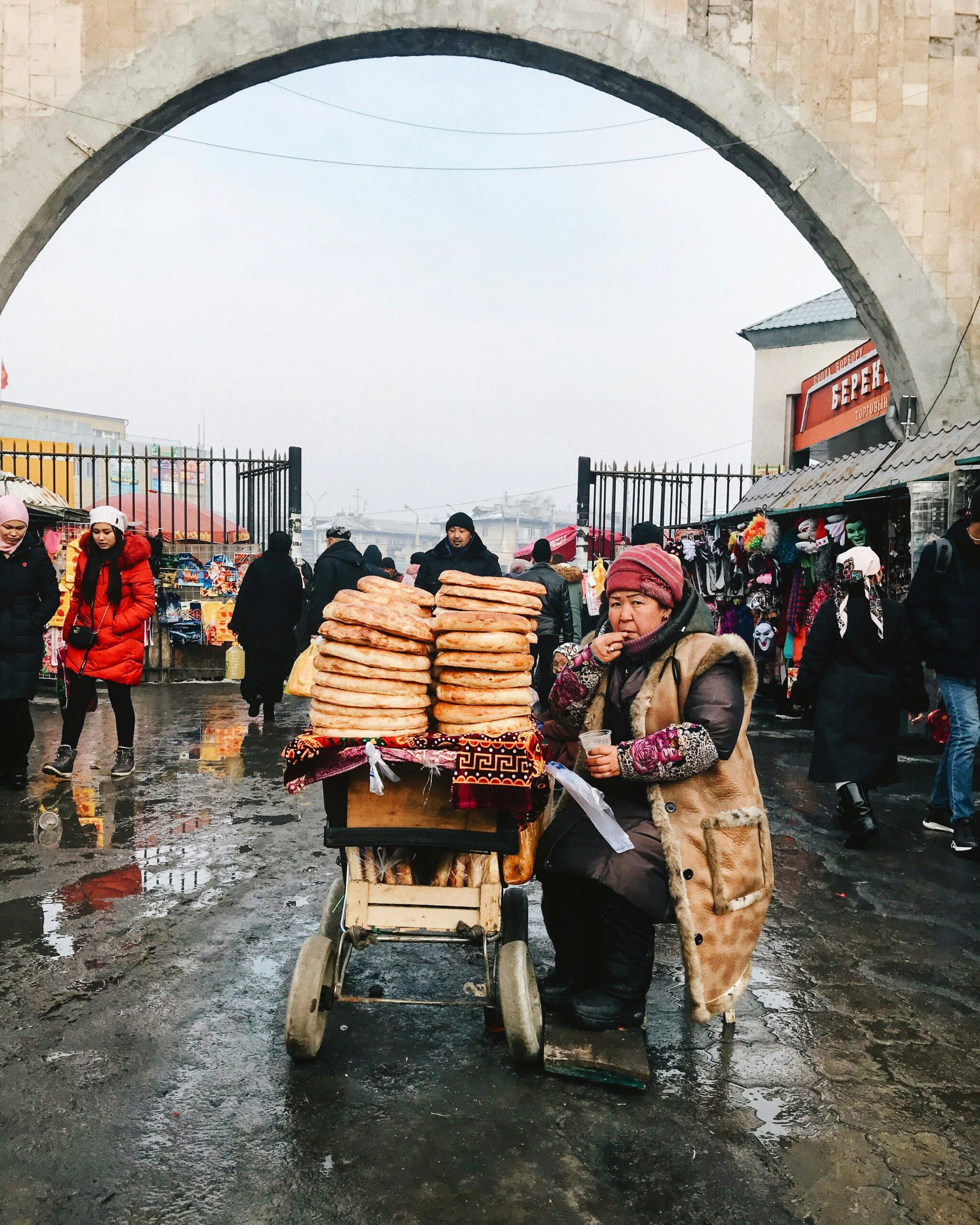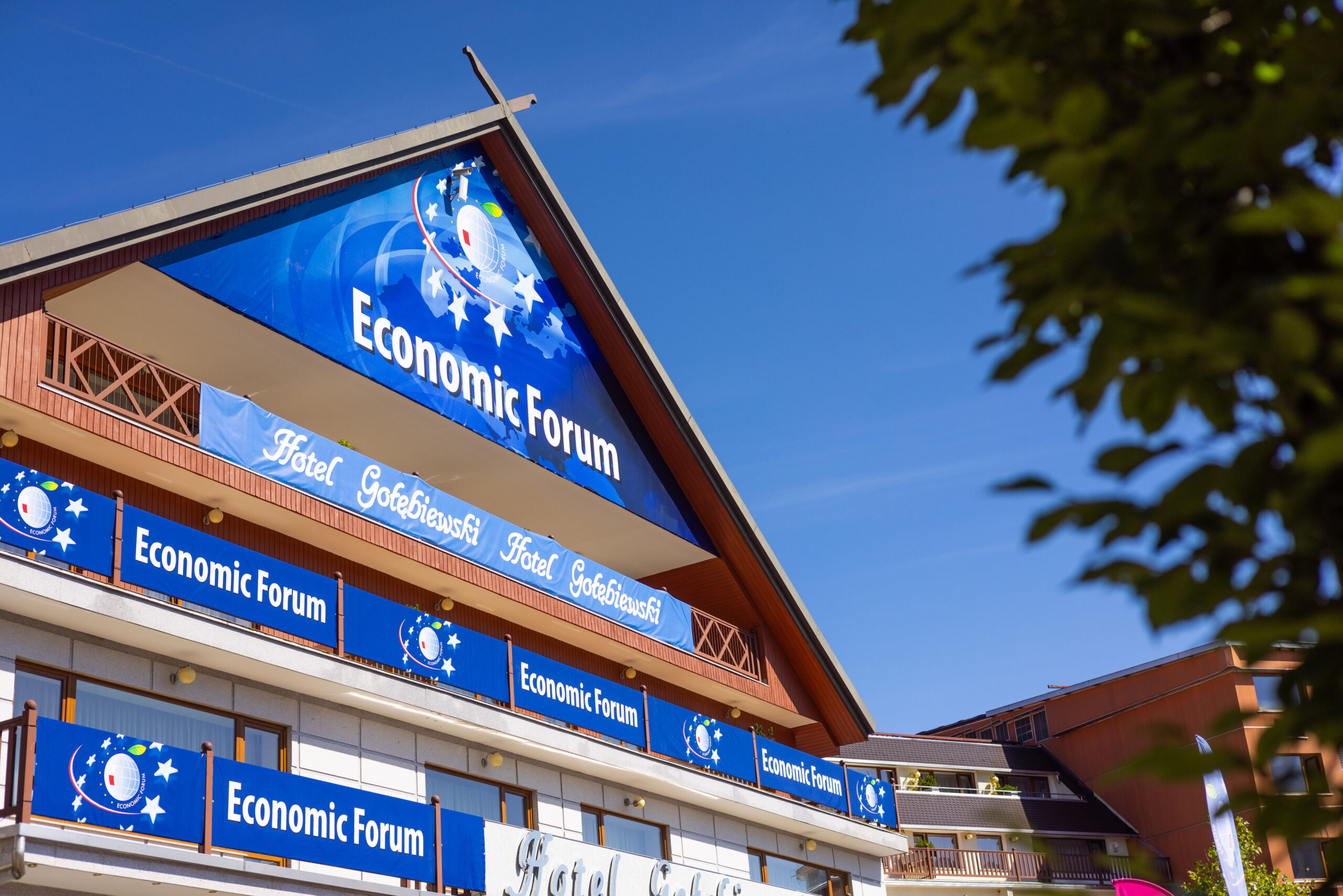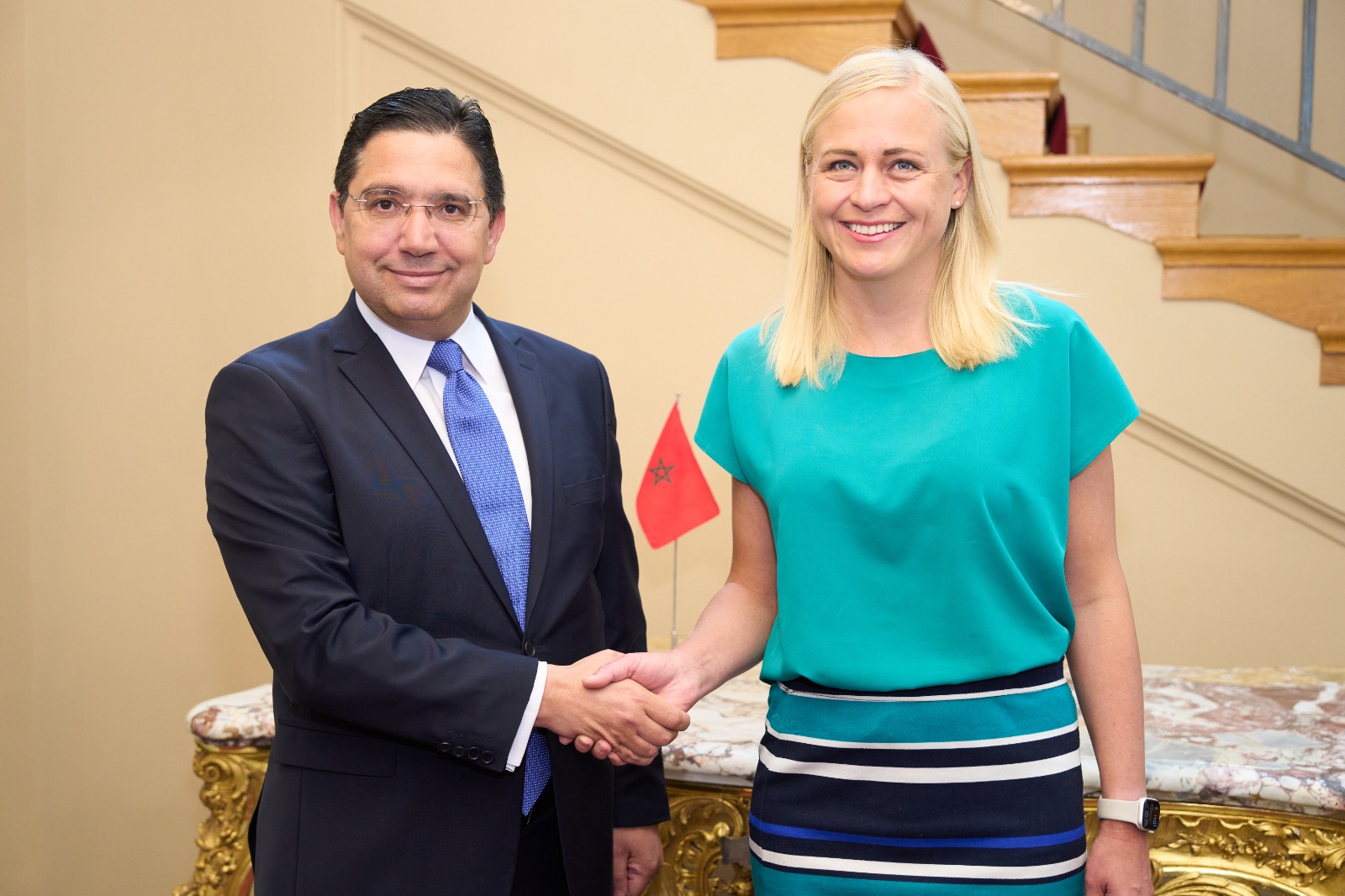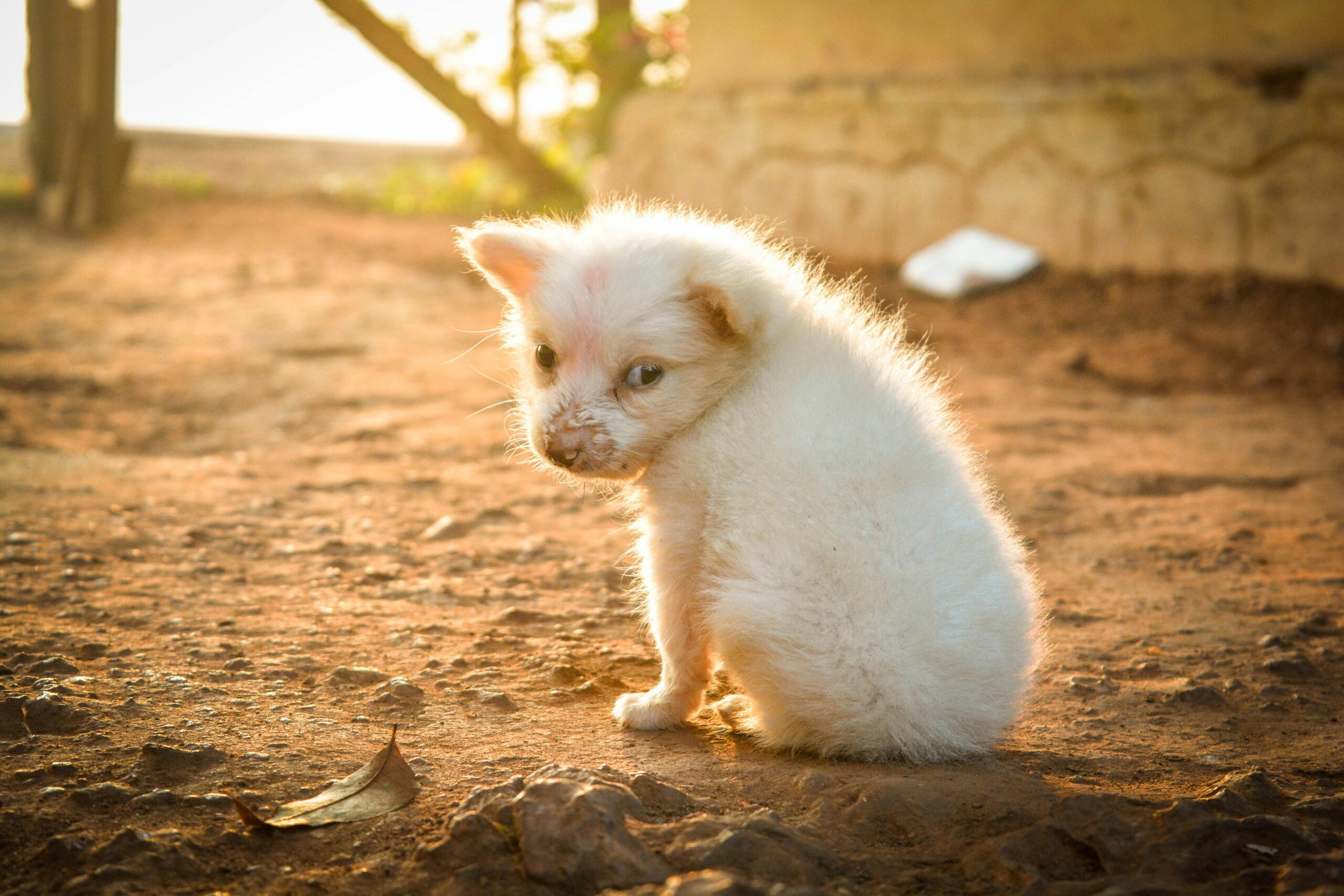Photo by Farah Almazouni on Unsplash A major new report, which looks at the challenges faced by the industry and companies in the Single Market, has been given a guarded welcome. The findings of the report on the Future of EU Competitiveness seeks to contribute to the Commission’s work on a new plan…
Economy
The Future of Agriculture
Photo by Erwan Hesry on Unsplash A major new report voices optimism about the future of the troubled agricultural sector in Europe. This is despite concerns voiced by farmers in the recent past that the industry attracted insufficient support at national and EU level. The report, by the 29 members of the EU’s…
EU Crisis in Nursing
Photo by National Cancer Institute on Unsplash Fresh efforts are being made by the EU to help tackle a crisis in nursing. The EU Commission said it had moved to support Member States in retaining nurses in their health systems and make the profession more attractive to nurses. The EC said the signing…
Kyrgyzstan Cooperation
Photo by Irene Strong on Unsplash The EU and the Kyrgyz Republic signed an Enhanced Partnership and Cooperation Agreement (EPCA). This, say both sides, represents an “important milestone” in the strengthening bilateral relations. The Agreement will provide a new legal basis for reinforced political dialogue and deepening cooperation in “many mutually beneficial areas.”…
33rd Economic Forum in Karpacz
A Time for New Leaders: Shaping the Future Together In just over two weeks on 3rd September, this year’s 33rd Economic Forum one of the largest and most important economic and political events in Central and Eastern Europe will begin at the Gołębiewski Hotel in Karpacz. The key media outlets will cover the conference, and…
Finland and Morocco Strengthen Bilateral Ties
Following a high level meeting in Helsinki between Morocco’s Minister of Foreign Affairs, Nasser Bourita, and his Finnish peer, Elina Valtnonen, a joint press communiqué was issued in which Finland highlighted Morocco’s political stability, and welcomed the reforms carried out by the kingdom to create a more open and dynamic Moroccan society and economy. At the…
Bring Back European Rail Services to Kent
Photo by Zoltan Tasi on Unsplash A major campaign has been launched to restore Eurostar services in the south east of England to Belgium and the rest of mainland Europe. The recent election of a new government at Westminster has prompted leading figures in Kent to urge the UK Prime Minister Sir Keir…
European Parliament Committee Leaders
Photo by Diego PH on Unsplash The European parliament has voted on the leadership of two of its most important committees. MEPs decided on who will steer the two committees – Internal Market and Consumer Protection and committee on Budgets – for the next few years. The two committees are among the most influential in the assembly and…
Cochinillo and Twente Given PGI Status
Photo by Kiran kichu on Unsplash Two new items have been given “protected” status by the EU. This comes after the EU Commission approved the addition of Cochinillo de Segovia and Twente to the protected list of Protected Geographical Indication (PGI). The first comes from Spain while Twente wine is from the Netherlands. Cochinillo de Segovia is meat…
Redesigning the EU’s Relations with Africa
Photo by Alex Radelich on Unsplash Africa’s needs are bottomless, but they should also be seen as lungs that could breathe new life into flagging European economies. Sadly, this far from original proposition has yet to reverse Europe’s retreat from Africa, writes Giles Merritt. EU policymakers would probably deny this and point to their new strategy for strengthening…

